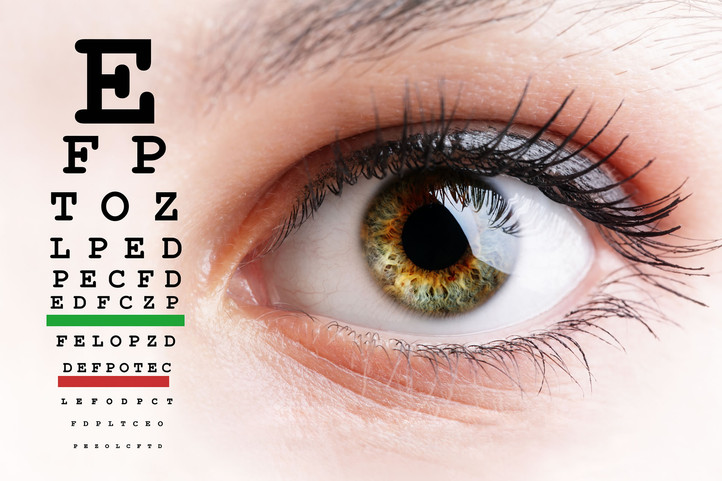

Our eyes are among the most precious organs in the body, allowing us to see, learn, and experience the world around us. Yet, many people take eye health for granted until vision problems arise. Whether it’s digital eye strain, dryness, or age-related issues, caring for your eyes daily can make a big difference in preserving clear vision. In this article, we’ll explore the key habits, nutrients, and lifestyle choices that can help you maintain healthy eyes naturally.

Healthy eyes are essential for overall well-being and independence. Good eye health ensures you can read, drive, work, and enjoy life without constant discomfort or blurred vision. However, modern habits—like spending hours on screens or skipping routine checkups—can cause eye fatigue and long-term damage. Prioritizing your eye health today can help prevent more serious issues later in life, such as cataracts, glaucoma, or age-related macular degeneration.
Several factors can weaken your eyes over time, often without you realizing it. Here are some of the most common causes that affect eye health:
A balanced diet rich in vitamins, minerals, and antioxidants can play a major role in supporting eye health. Here are some key nutrients to include:
Adding these nutrients to your daily meals can significantly boost your eye health and protect against future vision problems.
(For more eye health tips, visit iGenics.)
Good eye health isn’t just about nutrition—it’s also about healthy habits. Small daily practices can help prevent eye strain and keep your vision sharp.
Every 20 minutes, look at something 20 feet away for at least 20 seconds. This simple exercise helps relax your eye muscles and reduces digital fatigue.
Dehydration can cause dryness and irritation. Drinking plenty of water keeps your eyes moist and comfortable throughout the day.
Choose sunglasses that block 100% of UVA and UVB rays. They protect your eyes from harmful sunlight and prevent premature aging of eye tissues.
Avoid reading or working in dim light. Ensure that your workspace is well-lit to reduce unnecessary strain on your eyes.
Your eyes recover while you sleep. Insufficient rest can lead to puffiness, redness, and blurred vision over time.
Touching your eyes with dirty hands can cause infections. If you wear contact lenses, always follow proper hygiene guidelines.
Physical activity improves blood circulation, including to your eyes, helping deliver more oxygen and nutrients for optimal function.
With most people spending hours daily on phones, computers, and tablets, digital eye strain has become a growing issue. Symptoms include dryness, headaches, and blurred vision. Here’s how to protect your eye health while using screens:
Taking regular breaks from screens and using artificial tears (if recommended) can also relieve discomfort and keep your eyes fresh.
Routine eye exams are crucial for maintaining eye health, even if you think your vision is fine. Optometrists can detect early signs of eye disease before symptoms appear. It’s recommended to get an eye test every one to two years, especially if you:
Regular eye exams ensure that any issues are caught early, making them easier to manage or treat.
Simple home remedies can also support your eye health naturally:
These small relaxation practices can be especially helpful after long hours of reading or computer work.
Healthy lifestyle choices can make a lasting impact on your eye health:
Taking care of your overall health directly benefits your vision, as the eyes rely on good blood circulation and oxygen supply.
Your eyes deserve daily attention and care, just like the rest of your body. By following good habits, eating nutrient-rich foods, and scheduling regular eye exams, you can maintain sharp, clear vision well into old age. Remember, prevention is always better than cure—so start caring for your eye health today.
(For more eye health advice and natural vision care guidance, visit iGenics.)
This product is very helpful for this problem.